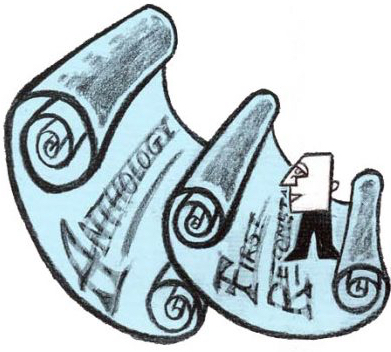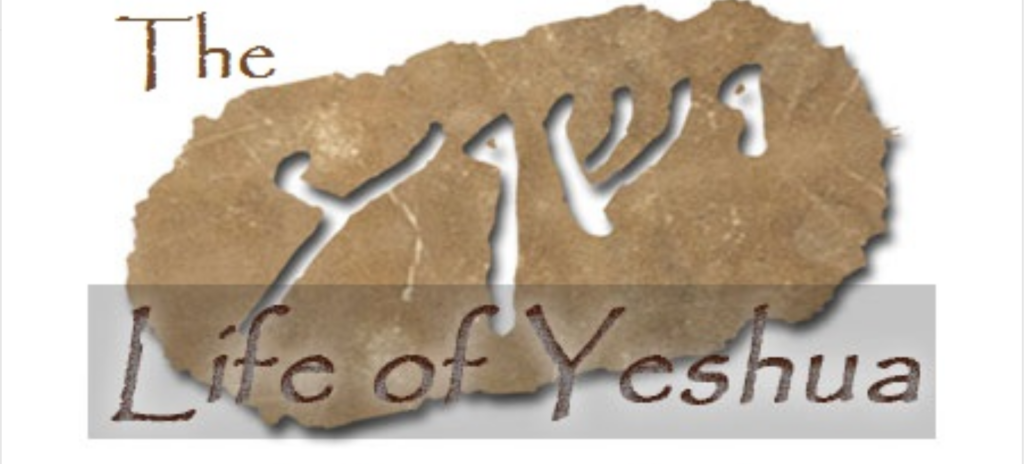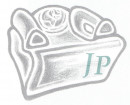Werner Prinsloo of THE WHY GUY blog plagiarized JP content in his post “The Hebrew/Aramaic New Testament” (September 7, 2021).[1] The plagiarized content comes from the LOY Excursus: Greek Transliterations of Hebrew, Aramaic and Hebrew/Aramaic Words in the Synoptic Gospels (May 28, 2014).
In good LOY style, the table below compares the plagiarized LOY Excursus with THE WHY GUY blog (identical content is marked in blue letters):
| Comparison of JP’s Content and THE WHY GUY | |||
| LOY Excursus | “The Hebrew/Aramaic New Testament” | ||
| Although the canonical Gospels were composed in Greek, there are indications that they drew from non-Greek sources. This makes sense because Jesus’ teaching was probably delivered in Hebrew, and according to early church traditions the earliest record of Jesus’ life was written in Hebrew. One of the clues that the Synoptic Gospels descended from a Hebrew Life of Yeshua is the number of foreign words that were transliterated into Greek from either Hebrew or Aramaic (it is often impossible to distinguish Hebrew from Aramaic in Greek transliteration). Since modern translations of the Bible tend to hide these transliterated words, most readers are not aware of how many transliterated words there are in the Synoptic Gospels. | Although the canonical Gospels were composed in Greek, there are indications that they drew from non-Greek sources. This makes sense since Jesus’ teaching was probably delivered in Hebrew/Aramaic, and according to early church traditions the earliest record of Jesus’ life was written in Hebrew/Aramaic. One of the clues that the Synoptic Gospels descended from a Hebrew/Aramaic Life of Yeshua is the number of foreign words that were transliterated into Greek from either Hebrew or Aramaic (it is often impossible to distinguish Hebrew from Aramaic in Greek transliteration). Since modern translations of the Bible tend to hide these transliterated words, most readers are not aware of how many transliterated words there are in the Synoptic Gospels. |
||
| Total Words: | 115 | Total Words: | 118 |
| Total Words Stolen from LOY: | 114 | ||
| Percentage of paragraph identical to LOY: | 96.61% | ||
As anyone can see at a glance, Prinsloo cut-and-pasted the first paragraph of the LOY Excursus into his blog post, and simply added “/Aramaic” three times to what David Bivin and Joshua Tilton—the authors of the LOY Excursus—wrote.[2] Prinsloo’s entire post is only 474 words long (not including links at the end), so the plagiarized section consisting of 118 words makes up 24.89% (nearly a quarter) of his blog post. Poor form.
Prinsloo uses JP’s stolen content to advance the theory that the Aramaic New Testament (= Syriac Peshitta?) is far more accurate than the Greek New Testament. In his words, “The Aramaic texts have a breathtaking accuracy spanning nearly 1800 years.” Prinsloo goes on to claim that “the Aramaic [New Testament—JP] clearly shows itself to predate the Greek New Testament. In dozens of readings the Aramaic clearly shows how two different Greek readings were derived from an Aramaic original.” Neither David Bivin nor Joshua Tilton agree with these views,[3] and they take umbrage with their work being plagiarized to advance views they do not endorse.
Nevertheless, this unfortunate incident highlights the quality, value and usefulness of JP’s content. On JP you can expect to find well-researched, original content regarding the life and teachings of Jesus, Second Temple Jewish literature, and first-century Jewish culture from reputable authors. Not everything floating around on the internet can be trusted. JP is a reliable source of honest, Gospel-centered content. If you haven’t yet, become a subscriber today. Click here to find out how.
- [1] Archived on the Wayback Machine at this link: https://web.archive.org/web/20220119132147/https://cloud7.co.za/the-hebrew-aramaic-new-testament/. ↩
- [2] Prinsloo also created a displeasing assonance by replacing “because” with “since.” More importantly, Prinsloo omitted the footnotes that substantiate the claims made in this paragraph, namely that Jesus taught in Hebrew (not Aramaic) and that the Church Fathers refer to an early Hebrew (not Aramaic) account of Jesus’ life. ↩
- [3] Like the majority of scholars, Bivin and Tilton believe that the NT Peshitta was translated from the Greek books of the New Testament. ↩

































































































